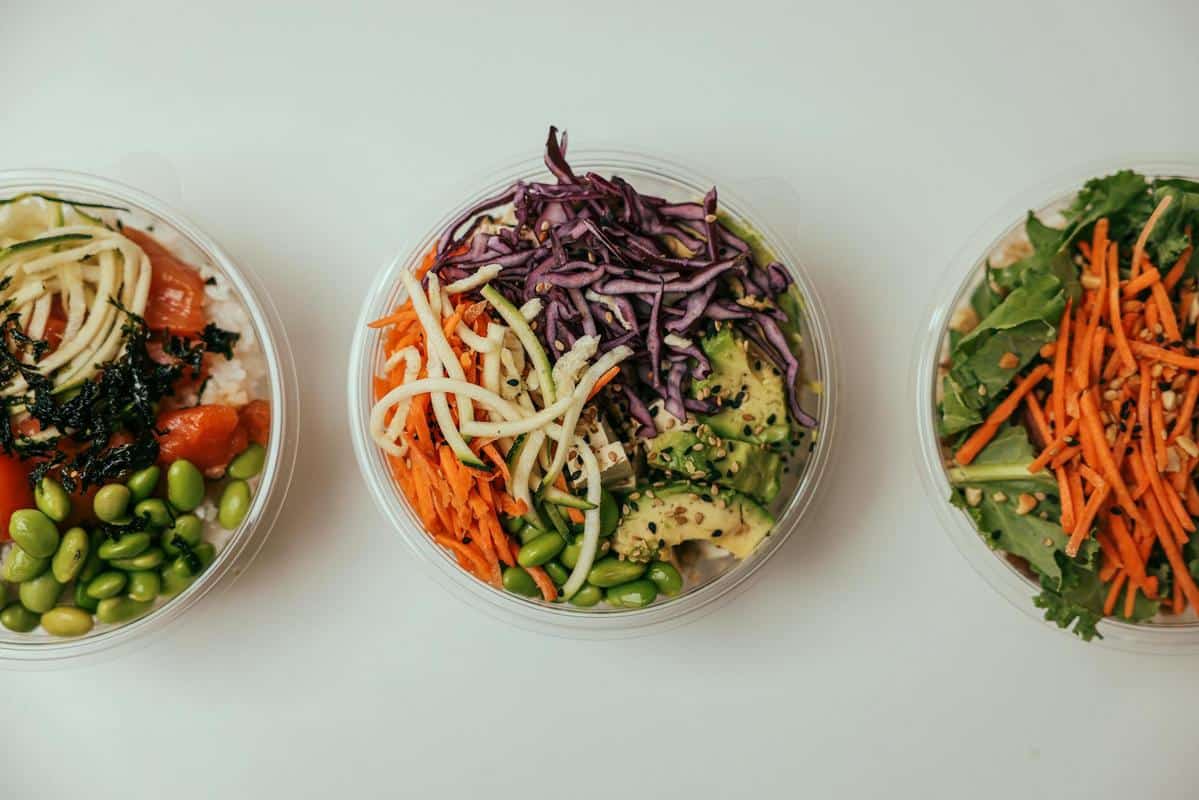
How to Transition to a Plant-Based Diet: Tips and Tricks
Transitioning to a plant-based diet is an exciting journey towards better health and a more sustainable lifestyle. Whether you’re motivated by health reasons, ethical concerns, or environmental impact, making the switch can offer numerous benefits.
Adopting a plant-based diet involves moving away from animal products and focusing more on fruits, vegetables, grains, legumes, nuts, and seeds. But how can you make this transition smoothly without feeling overwhelmed? Let’s explore some expert-backed tips and strategies.
Understanding the Benefits
Research suggests that plant-based diets can lower the risk of chronic diseases such as heart disease, diabetes, and certain cancers. A study published in the Journal of the American Heart Association found that individuals who consumed more plant-based foods had a 16% lower risk of cardiovascular disease.
“A plant-based diet is not just a diet; it’s a lifestyle choice that promotes health, environmental sustainability, and compassion,” explains nutritionist Jennifer Wilson.
Getting Started
Take It Slow
Start by incorporating more plant-based meals into your weekly menu. This gradual approach helps your taste buds adjust and reduces the feeling of missing out.
Experiment with New Recipes
Exploring different cuisines can make your plant-based journey more exciting. Try dishes from various cultures that naturally emphasize plant-based ingredients.
Plan Your Meals
Meal planning is key. It ensures you have all the necessary ingredients and prevents last-minute temptations to rely on convenience foods.
Overcoming Challenges
Social Situations
Dining out or attending gatherings can be challenging. Research restaurants ahead of time for plant-based options, and don’t hesitate to bring a dish to share at social events.
Nutritional Balance
Ensure you get enough protein, iron, and vitamin B12. Include a variety of foods like lentils, chickpeas, fortified cereals, and leafy greens to meet your nutritional needs.
Pro Tip: Keep snacks like nuts, seeds, and fruit handy to prevent hunger and maintain energy levels throughout the day.
Comparison Table: Animal-Based vs. Plant-Based Nutrients
| Nutrient | Animal-Based Sources | Plant-Based Sources |
|---|---|---|
| Protein | Chicken, Beef | Tofu, Lentils |
| Calcium | Milk, Cheese | Almonds, Broccoli |
| Iron | Red Meat | Spinach, Quinoa |
| Omega-3 | Fish | Chia Seeds, Walnuts |
| Vitamin B12 | Eggs, Dairy | Fortified Soy Milk |
| Fiber | Low | High in Whole Grains |
| Antioxidants | Low | High in Fruits |
| Cholesterol | High | None |
FAQ
Is a plant-based diet expensive?
It can be cost-effective if you focus on whole foods like grains, legumes, and seasonal produce.
Do I need supplements on a plant-based diet?
Some people may need vitamin B12 and iron supplements, but it’s best to consult with a healthcare provider for personalized advice.
Conclusion
Transitioning to a plant-based diet is a rewarding decision that can improve your health and contribute to environmental sustainability. By taking small steps and staying informed, you can embrace this lifestyle with confidence. Remember, every plant-based meal is a step towards a healthier you!


